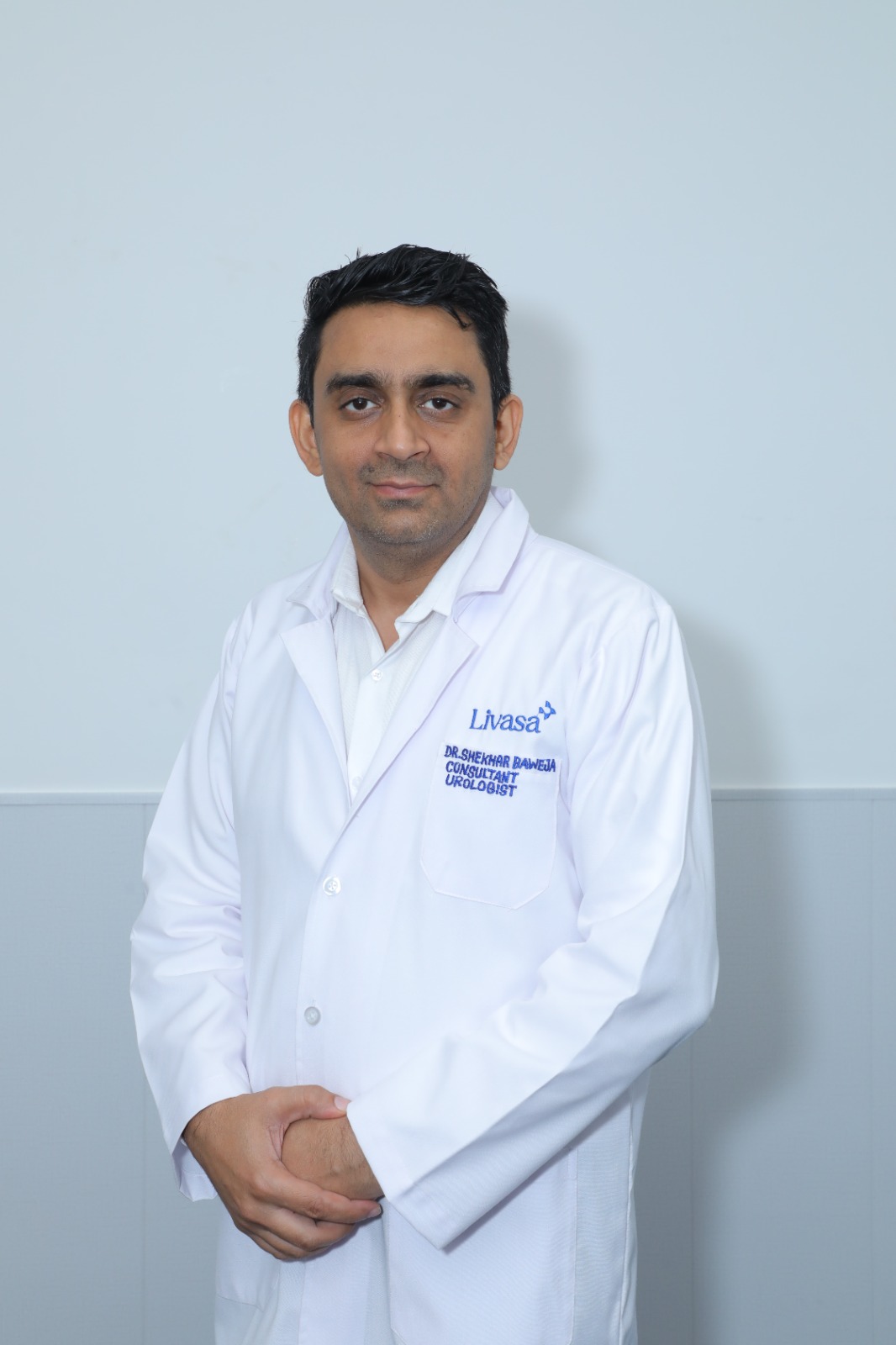Urology
Urology at Livasa Hospital offers a comprehensive range of services for diagnosing, treating, and managing urological conditions. The hospital’s urology department is staffed by a team of highly experienced urologists who specialize in the care of disorders affecting the urinary tract and the male reproductive system. The hospital is equipped with advanced diagnostic tools and state-of-the-art surgical facilities. These include technologies such as high-resolution imaging systems, endoscopic equipment, and minimally invasive surgical instruments, which enable precise and effective treatment. The department provides a wide array of services, including the management of kidney stones, urinary incontinence, prostate diseases, bladder disorders, and male infertility.
One of the hallmarks of Livasa Hospital’s urology department is its focus on minimally invasive procedures. Techniques such as laparoscopic surgery, robotic-assisted surgery, and laser treatments are employed to minimize patient discomfort, reduce recovery times, and improve surgical outcomes. This approach ensures that patients receive the most advanced and effective care with minimal disruption to their daily lives.
With a dedication to excellence, patient-centered care, and continuous improvement, the urology department is a leader in providing high-quality urological services. The comprehensive care, advanced technology, and compassionate approach make Livasa Hospital a trusted choice for patients with urological concerns.













